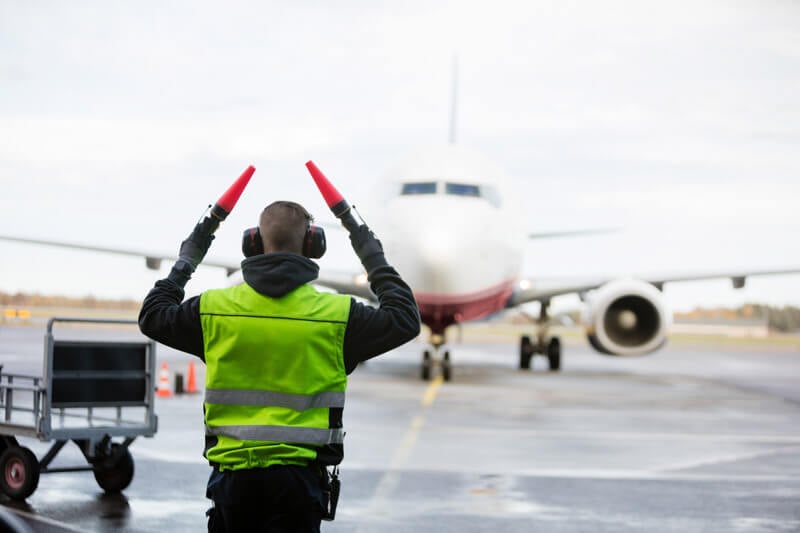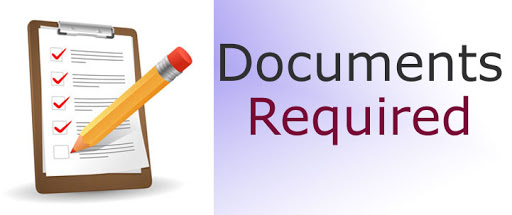- By TOP CHINA FREIGHT
- September 28, 2025
- Air Freight, Shipping
Table of Contents
The best air freight from China allows businesses to move goods quickly and reliably across the globe. However, importers often struggle with rising logistics costs, complicated customs, and limited visibility during transit. Choosing the right strategy can save both time and money while ensuring goods arrive on schedule. This guide explains how to calculate rates, compare options, prepare documents, and select forwarders to achieve the most efficient results.

What makes air freight from China the best choice?
Air freight is preferred for high-value, time-sensitive, or perishable goods. Unlike sea freight, which can take weeks, air cargo moves within days. Moreover, it reduces risks such as theft, port delays, or long storage times.
Businesses importing electronics, fashion, medical equipment, or spare parts benefit from air freight due to speed and reliability. Additionally, airlines offer advanced tracking systems, giving shippers real-time visibility. Therefore, companies that prioritize delivery schedules often find air freight the best balance between cost and service.
How do air, sea, and rail freight compare?
Importers must weigh speed, cost, and flexibility before deciding on a method.
| Method | Avg. Cost/kg | Transit Time | Pros | Cons |
|---|---|---|---|---|
| Air Freight | $4–$8 | 3–7 days | Fast, secure, reliable | Higher cost |
| Sea Freight | $0.5–$1 | 20–40 days | Cheapest for bulk | Slow, delays possible |
| Rail Freight | $2–$3 | 15–20 days | Balanced option | Limited routes |
Air freight clearly excels in urgency but comes at a premium. However, combining modes—such as sea-air or rail-air—can reduce costs while keeping delivery schedules shorter.
What factors influence the best air freight from China?
Airlines charge by the greater of gross or volumetric weight.
Direct flights cost more but reduce transit time.
Peak demand before Chinese New Year or Christmas increases rates.
Rising oil prices and airport fees impact costs.
Dangerous goods or perishables require specialized handling.
How are air freight rates calculated?

Air freight pricing uses chargeable weight, based on whichever is higher:
- Gross weight: Actual weight of the cargo.
- Volumetric weight: (Length × Width × Height) ÷ 6000 (cm).
For example, a shipment weighing 200 kg but occupying 4 cubic meters could be billed as 667 kg due to volumetric weight. Additionally, importers must budget for handling, delivery, and customs fees, which are not always included in base freight charges.
What documents are required for air freight from China?

Accurate paperwork ensures smooth customs clearance.
| Document | Purpose |
|---|---|
| Commercial Invoice | Declares goods’ value and description |
| Packing List | Details shipment contents |
| Air Waybill (AWB) | Contract between shipper and airline |
| Customs Declaration | Compliance with regulations |
| Certificates | For food, chemicals, or hazardous goods |
Without these documents, shipments may face costly delays or penalties.
How long does air freight from China take?
Transit times vary by destination, but air freight is far faster than sea shipping.
| Destination | Transit Time | Notes |
|---|---|---|
| USA (West Coast) | 3–5 days | Direct flights available |
| USA (East Coast) | 5–7 days | May require transfers |
| Europe | 3–5 days | Major hubs: Frankfurt, London |
| Middle East | 2–4 days | High frequency routes |
| Southeast Asia | 1–3 days | Fast connections |
However, customs clearance may add 1–3 extra days, depending on regulations.
Case study: Fashion brand using air freight for seasonal imports

A European fashion retailer relied heavily on timely seasonal deliveries. Initially, the company used sea freight but faced missed sales opportunities due to long lead times. Switching to air freight for urgent shipments helped them restock stores within a week.
By combining consolidation and off-peak bookings, they reduced air freight costs by 20% while maintaining on-time deliveries. This example shows how the best air freight from China can improve sales performance while controlling logistics expenses.
Can small businesses access the best air freight from China?
Yes, even small importers can access affordable air freight using consolidation services. Forwarders group shipments from multiple businesses into one master air waybill, spreading costs. This makes air freight viable for small e-commerce sellers or startups shipping lower volumes.
For example, a retailer importing 150 kg of accessories could save 30% by consolidating with other shipments instead of booking individually. Therefore, smaller companies can compete globally with flexible logistics solutions.
What are the pros and cons of using air freight forwarders?
Working with freight forwarders often secures better rates and smoother handling.
| Pros | Cons |
|---|---|
| Access to airline contracts | Service fees may apply |
| Expertise in customs clearance | Less flexibility in routing |
| Consolidation options | Dependent on forwarder schedules |
| Tracking & visibility | Rates fluctuate quickly |
Therefore, partnering with experienced forwarders is often the best strategy for importers seeking reliability.
How can importers reduce air freight costs?
Practical techniques include:
1.Ship early:
Avoid peak season surcharges.
2.Consolidate cargo:
Share costs with other shippers.
3.Negotiate contracts:
Leverage forwarder discounts.
4.Optimize packaging:
Reduce volumetric weight.
5.Use hybrid models:
Combine sea and air for balance.
With these strategies, businesses can consistently access the best air freight from China without overspending.
Conclusion
The best air freight from China delivers speed, security, and supply chain efficiency, making it essential for global trade. Although it costs more than sea freight, planning ahead, using consolidation, and partnering with skilled forwarders can significantly reduce expenses. Ultimately, businesses that treat air freight as a strategic tool—not just a cost—gain faster delivery, improved customer satisfaction, and greater competitiveness.
Need a Shipping Quote?
If you want expert guidance and peace of mind, our team is ready to assist.
TJ China Freight offers tailored solutions to help businesses of all sizes ship more reliably from China.

FAQ
Q1:How much does air freight from China cost?
Costs depend on weight, volume, route, and fuel rates. On average, prices range from $4–$8 per kg. Lighter, urgent cargo is usually more cost-effective by air.
Q2:How long does air freight take from China?
Most shipments take 3–7 days to major global destinations. Express air freight may arrive within 1–3 days, depending on carrier schedules and customs clearance speed.
Q3:What goods are best suited for air freight?
High-value, fragile, perishable, and time-sensitive items are ideal. Examples include electronics, medical supplies, fashion products, luxury goods, and automotive parts.
Q4:Do I need special documents for air freight?
Yes. Common documents include commercial invoice, packing list, airway bill, and customs declaration. Some products may also require import permits or certificates.
Q5:Can small businesses use air freight from China?
Absolutely. Many freight forwarders offer flexible solutions like cargo consolidation, making air freight accessible and efficient for small and medium businesses.
